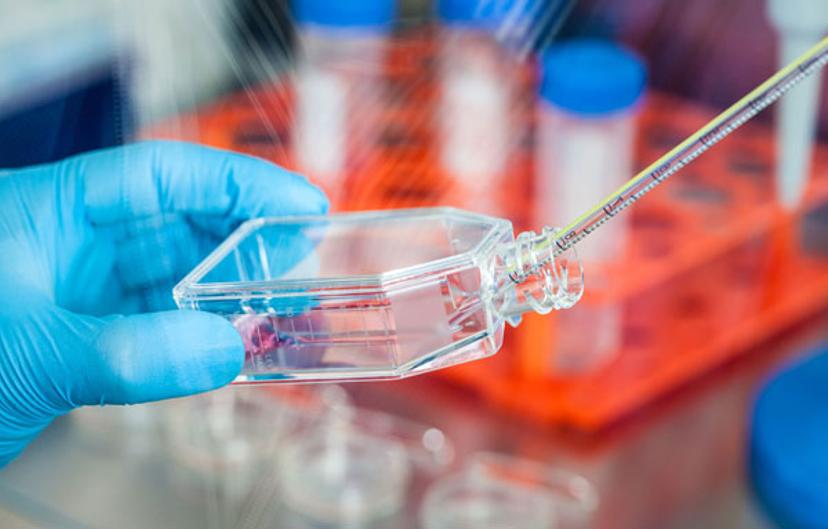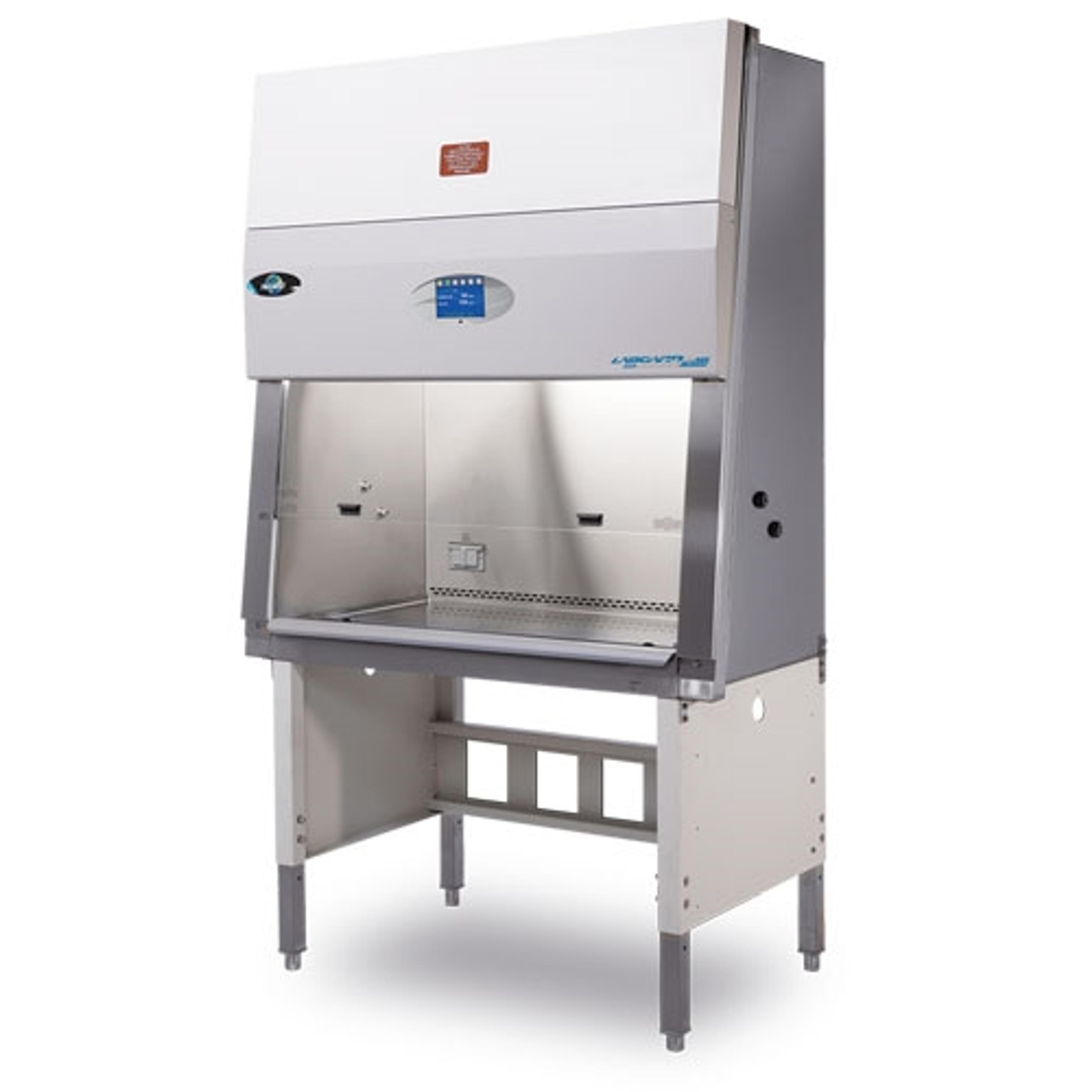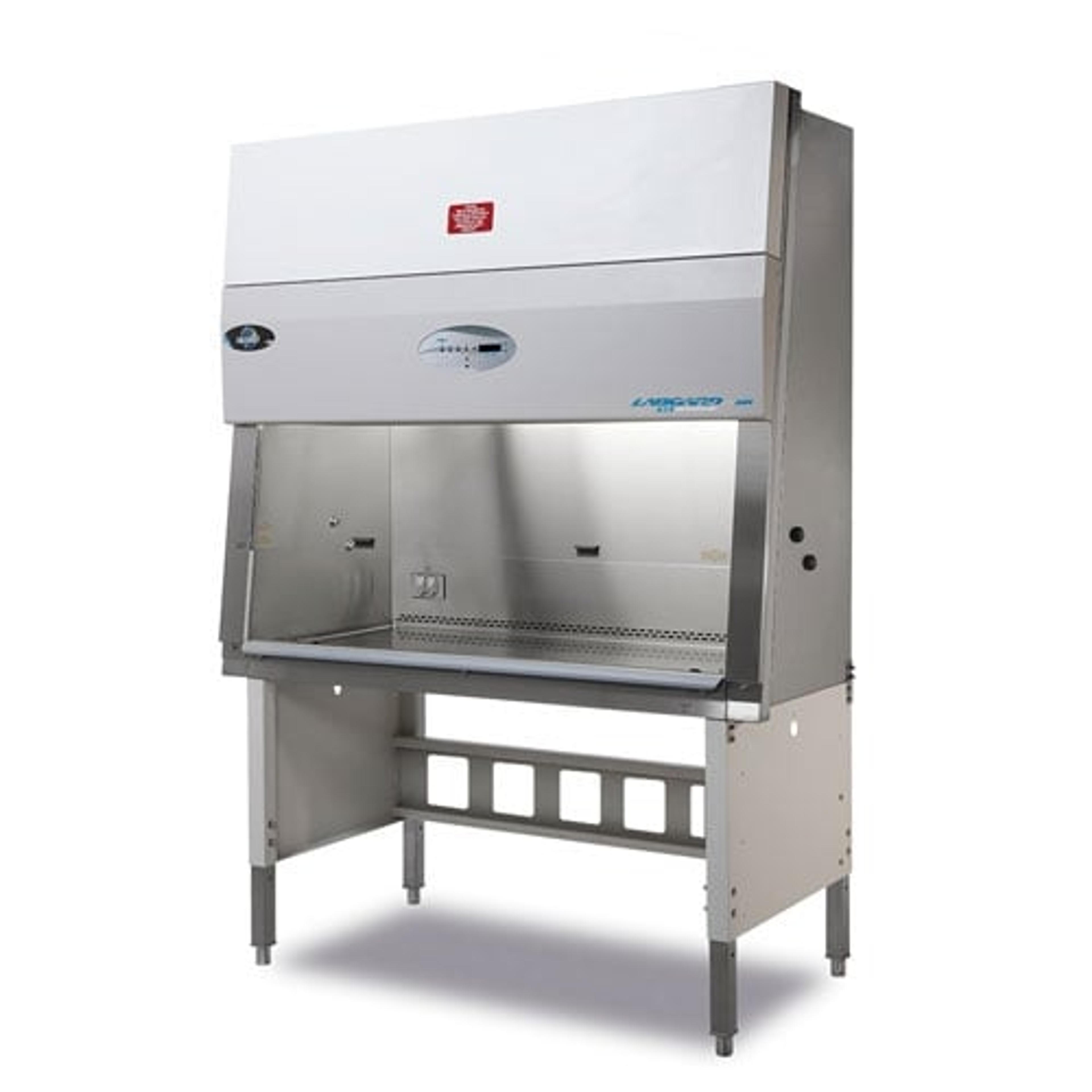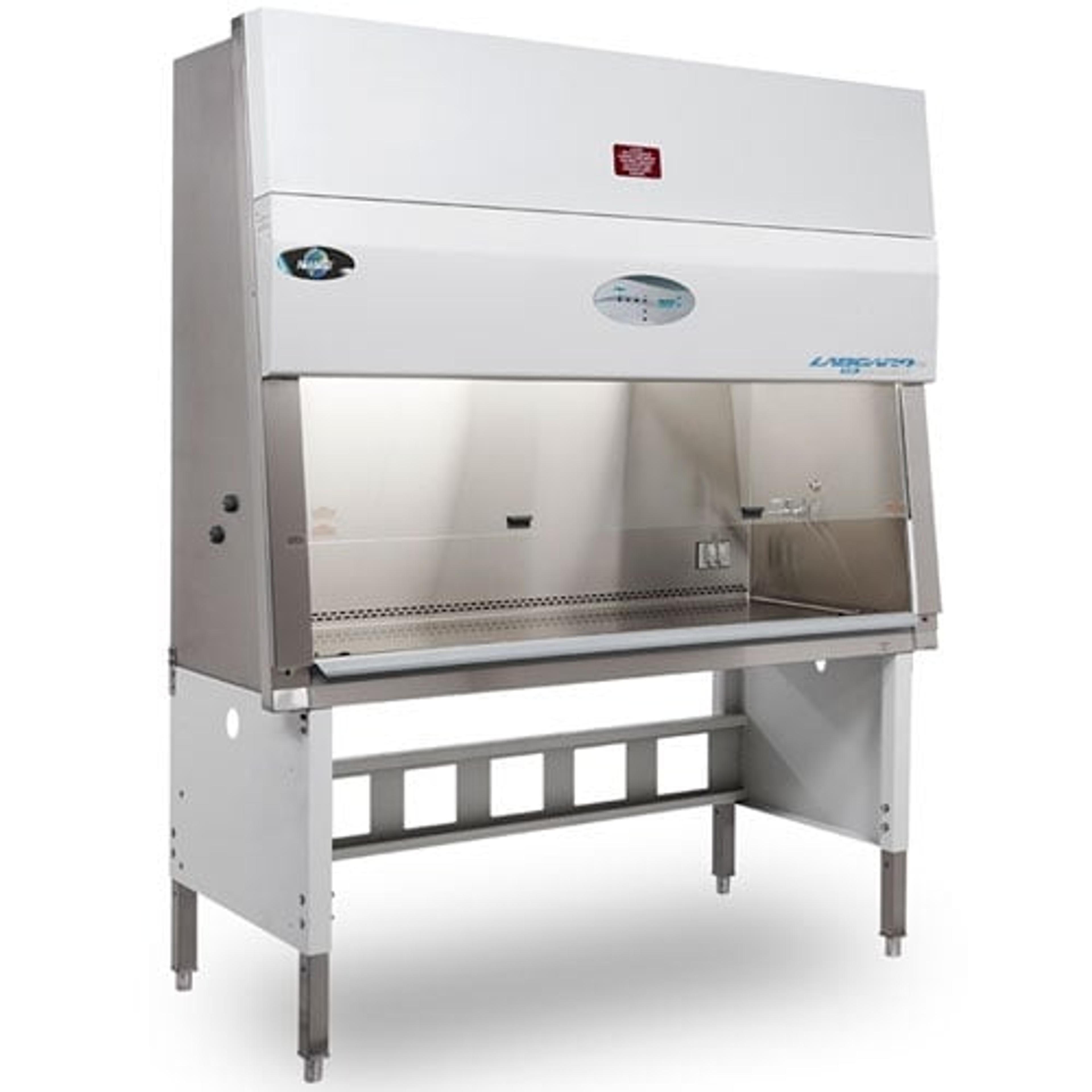Keeping Cells Contamination Free for Biopharmaceutical Production
Biotech scientist shares the importance of reliable technologies in the production of therapeutic proteins
22 Aug 2018
Cell culture plays a key role in the production of recombinant proteins for therapeutic use, such as hormones and antibodies. During bioprocessing it is crucial that the cells producing biotherapeutics are free of contamination. In this article, we speak with Mannan K. Khambati, of Bharat Serums and Vaccines Ltd, Airoli, Mumbai, about some of the technologies essential to the bioprocessing workflow.
With over 22 years’ experience in the field of biotechnology, Khambati is responsible for manufacturing all recombinant human therapeutic proteins to the stage of active pharmaceutical ingredient (API) at Bharat Serums and Vaccines Ltd. He is also involved in planning, procurement, designing of new facility and process layouts.
SS: What are recombinant protein therapeutics and why are they important to the pharmaceutical industry?
MK: As the name suggests, recombinant protein therapeutics are proteins derived from human genes incorporated into a mammalian or microbial host with the help of recombinant technology and used for human therapy or treatment. Such therapeutics are required in substantial quantities, but they are not easily available from natural sources like human urine, serums etc., so, to meet the market demand, pharmaceutical companies have invested time and money into research and manufacturing of such protein therapeutics at large scale using recombinant technology. These molecules have to go through various rigorous quality compliances and hence have high incubation time before being released to market for use.
SS: What are the key steps in the scale up of recombinant protein therapeutic production?
MK: Thorough process development using design of experiment (DOE) principles is key to success during process scale-up. The choice of scalable equipment during the initial process development phase is also very critical, to avoid problems like protein degradation, low cell growth, low productivity, early cell death, etc.
SS: What are the challenges of working with mammalian cells?
MK: Mammalian cells are more sensitive to stress and easily succumb to contamination by prokaryotes and mycoplasma. They grow pretty slowly so batch duration is much longer compared to microbial cycles. Their biochemistry is very complex and small changes during process development or scale-up can change cell behavior or, worse, change product conformity.

Why are product reviews important?
Scientists like myself write reviews based on self-experience and without any influence of external factors. Hence the data is authentic and very useful to other scientists when it comes to making purchase decisions.
Mannan K. Khambati
Bharat Serums and Vaccines Ltd.
SS: Is there any particular piece of lab equipment which has proved vital for your work?
MK: We have two biosafety cabinets (BSC) from NuAire. Both are used for critical cell culture work, such as cell sampling, inoculation, cell expansion, pooling, transfer and sample preparation. Using a NuAire BSC gives assurance of clean sterile air, without any risk of contamination. Its automated door control, signaling, pressure adjustment, UV and visible light coordination and stainless-steel interior give complete class A2 reliability.
SS: What do you see for the future of your work and its implications on drug discovery & development and human health?
MK: Our work targets betterment of human life and longevity due to improved health. As our company’s moto says — “bringing life to life” — we aim to better our productivities using the latest technologies, make more therapeutically useful proteins and bring them to market faster, to serve humanity better.



